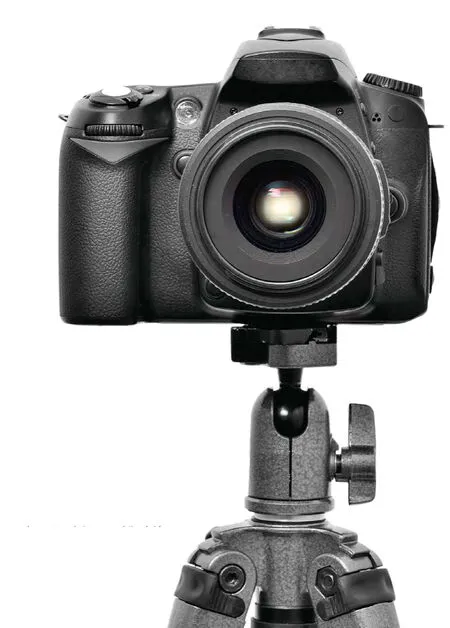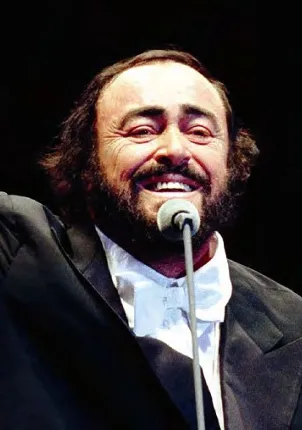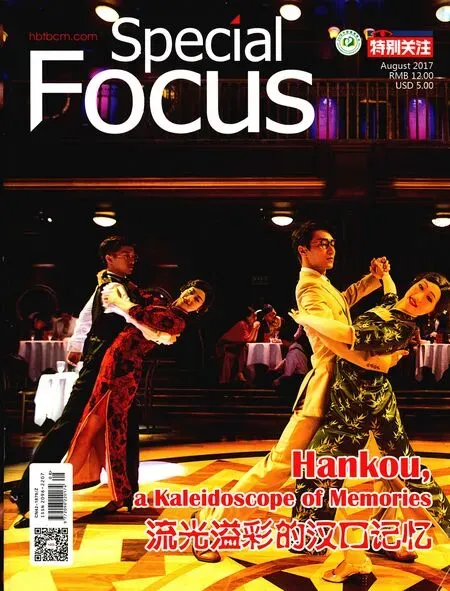The Art of Elite Journalist’s Interviewing
By Mike Wallace and Beth Knobel [USA]
The Art of Elite Journalist’s Interviewing
By Mike Wallace and Beth Knobel [USA]

Good journalists are capable of asking simple questions which can result in long answers.
Scott Pelley, a journalist for the CBS News Magazine “60 Minutes” holds that a good question should not be more than six words. “Otherwise when you talked for thirty seconds, your interviewee would follow your step,” he added, “which is a common mistake.”
Another technique used often in interviewing is “What do you think of…?” It works for Mike Wallace every time,including the interview with British Prime Minister Margaret Thatcher.
Israel invaded Lebanon in 1982, which vexed British and Americans. It was dif ficult to interview Thatcher who had been well polished in all kinds of domestic political debates. Therefore, Mike thought about how to break her defense and reveal her true thoughts about Israeli Prime Minister.
“I asked her, ‘What do you think of Menachem Begin?’
At the first second, she said something like, ‘Whoa, what should I say?’ It’s obvious that Menachem Begin was a nerve-racking trouble for her.” Mike said, “Then I let her pause. I was very satis fied even though there was only one second.”
“If you are a good journalist, you know how to make your interviewee less defensive, because you know so much about him and the courtesy is less desirable here.” Mike explained.
In an interview with Luciano Pavarotti, the famous Italian opera tenor in 1993, Mike pierced Pavarotti’s protective armor with his sharpness. To achieve this, Mike brought out all the criticisms against Pavarotti.
“They said his voice was becoming weak. He was too fat. He was lazy. His voice was cracked and he was booed.”Mike recalled, “then I asked, ‘What are you afraid of?’ ‘Is the twilight of your career coming?’ He said, ‘Of course, they are right.’ Pavarotti talked about his fear and downward side. Under Mike’s pressure, he surrendered and revealed his weak side, producing an extraordinary effect.
There were also times when the interviewee tried to intimidate the interviewer. Mike remembered that Mahmoud Ahmadinejad, the president of Iran tried to deter him by holding off in an interview.
“We were in a suite in Tehran and waited for a long time.We got a little angry about being left there.” Mike recalled.Mike, Robert Anderson, the producer and the whole team waited and waited, but there was no sign that Ahmadinejad would like to take the interview.
“We suspected that the whole room was wiretapped by Tehran authority. So I remembered that I started to talk to the chandelier instinctively.” Mike continued.
Talking to the chandelier is an old trick started in the cold war, which refers to talking to the wall when you found you were tapped so as to communicate with the local government. “Our visa will expire after three or four days. So we’d better order ticket flying back to New York.”It worked. “Half an hour later, it came that he would like to accept our interview.” Mike explained.
(From Heat and Light, China Renmin University Press.Translation: Li Li)
优秀的记者总以能得到长答案的方式提问。《60分钟》节目组的斯科特·佩利认为,一个好的问题不应该多于六个英语单词。“不然你啰啰唆唆讲了三十秒,你的受访者就会跟着一路思考。”他补充说,“这是人们常犯的一个错误。”
另一个提问技巧是“关于……你怎么看?”这个方法迈克屡试不爽,包括那次采访英国首相撒切尔夫人。
1982年,正值以色列入侵黎巴嫩,英国人和美国人都对以色列相当恼火。采访撒切尔很难,她已被英国的各种政治辩论打磨得异常精细。因此,迈克思考着以何种方法打破她的防守,能够让她表露出对以色列首相的真实看法。
“我问她:‘你对梅纳赫姆·贝京是怎么看的?’最开始的一秒,她说了句诸如‘哇,这个问题我该怎么回答呢?’之类的话。因为很显然,那一刻,梅纳赫姆·贝京对她来说,实在是个令人头痛的大麻烦。”迈克说,“我让她停顿了下来。虽然只有一秒,但我已经非常满意了。”
“如果你是个优秀的采访者,你知道怎样让你提问的对象变得脆弱,因为你对他以及整个状况太了解,以至于瓦解了所有礼节。”迈克解释道。
在1993年对意大利歌剧明星鲁契亚诺·帕瓦罗蒂的一次采访中,迈克用他的犀利刺破了帕瓦罗蒂的保护壳。为了达到这个目的,迈克提到所有围绕帕瓦罗蒂的批评。
“他们说他的声音越来越差了,他太胖了,他很懒,他的嗓子破了,他被人喝倒彩。”迈克回忆道,“然后我问:‘你在害怕什么?’‘是不是你职业生涯的终结就要来了?’他说:‘当然,他们是对的。’”帕瓦罗蒂谈了他的恐惧和走下坡路的一面,在迈克的压力之下投降了,显露出他脆弱的一面,也制造了一场令人难忘的报道。
还有些时候,受访者试图威吓采访者。迈克记得,伊朗总统艾哈迈迪·内贾德在一次采访中,试图用拖延时间的方式威慑他。


“我们在德黑兰的一间酒店套房里,已经等了很长时间,我们对自己被搁在这里有些生气。”迈克回忆道。迈克、制片人罗伯特·安德森以及整个摄制团队等了又等,艾哈迈迪·内贾德仍然没有丝毫开始接受访问的迹象。
“我们猜想整间房间应该被德黑兰当局窃听了,所以我记得我本能地开始‘对着大吊灯说话’。”迈克继续说。
“对着大吊灯说话”是始于冷战时代的旧把戏,指的是当你确定自己的房间被窃听后开始对着墙说话,以这样的方式和当地政府交流。“我们的签证三四天后就要到期了,所以,我想我们最好订好回纽约的飞机票。”这一招奏效了。“半个小时后,消息传来,他愿意接受我们的采访。”迈克解释道。
(摘自《光与热》中国人民大学出版社)
顶尖记者采访技巧
文| 迈克·华莱士 贝丝·诺伯尔[美]

